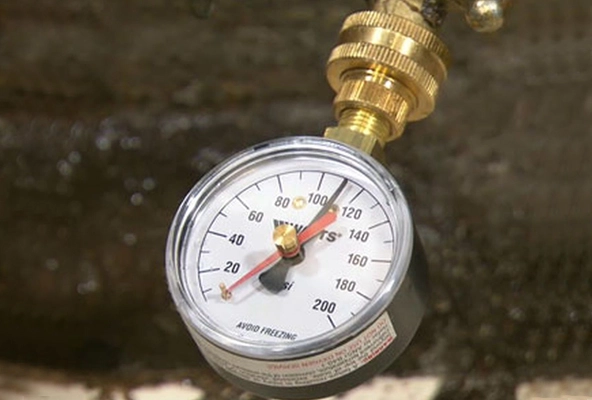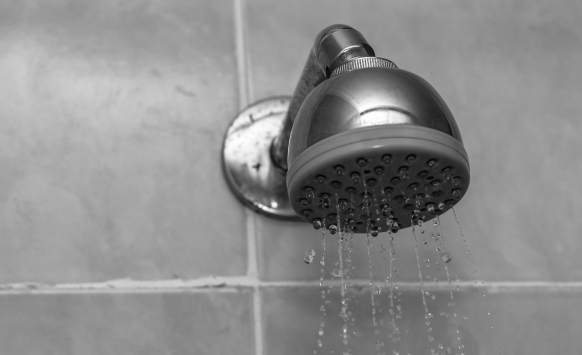There are some obvious signs that your water pressure is too high. You might notice leaks from different fixtures in the home. Or you might turn on the faucet and the water comes out hard and fast for half a second before it slows. You could even hear a knocking sound from the pipes. In this post, we're going to talk about how water pressure works and what you can do if yours is too high or too low.
Why Is High Water Pressure Bad? It’s hard to see the high water pressure causing a lot of trouble around the house. The pressure can cause pinhole leaks in your pipes that start small but can get much larger. It also wears down the seals in your plumbing system. It can even shorten the lifespan of appliances like your water heater. Regulating the water pressure protects your entire plumbing system.
What About Low Water Pressure? This problem is another one that’s easy to spot. If you put your faucets on full blast but the water crawls out, you’ve likely got a low water pressure problem. This tends to be more of an annoyance than a hazard. But for your indoor plumbing, it could be evidence of problems in your pipes such as leaks.

How Do You Regulate Water Pressure? The Pressure Regulating Valve sits right above your home’s main shutoff valve. It regulates pressure as water comes in from the city. It has a rubber bladder that activates under high pressure, keeping your home at the right psi. If you live in an older home, there’s a chance you don’t have a PRV. But even if you have one, it might have failed.
How Do You Test Your Water Pressure? You need a gauge to test your water pressure. Attach it to a faucet or water heater close to the water meter and make sure the pressure isn’t over 80psi. Once the pressure gauge regulates, turn the water off and check what psi the pressure climbs back up to. If you shut the water off and the needle bounces around, you either don’t have a PRV or it has failed.

If you do have high pressure, you’ll want to either install a PRV or replace an existing PRV that may have worn out. Any licensed plumber should be able to help with that. Your plumber should also set the valve to activate at that 80psi limit. If you don't know a licensed plumber, Any Hour Services would be happy to help. You can give us a call or schedule an appointment online.